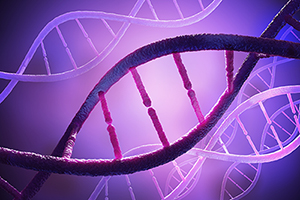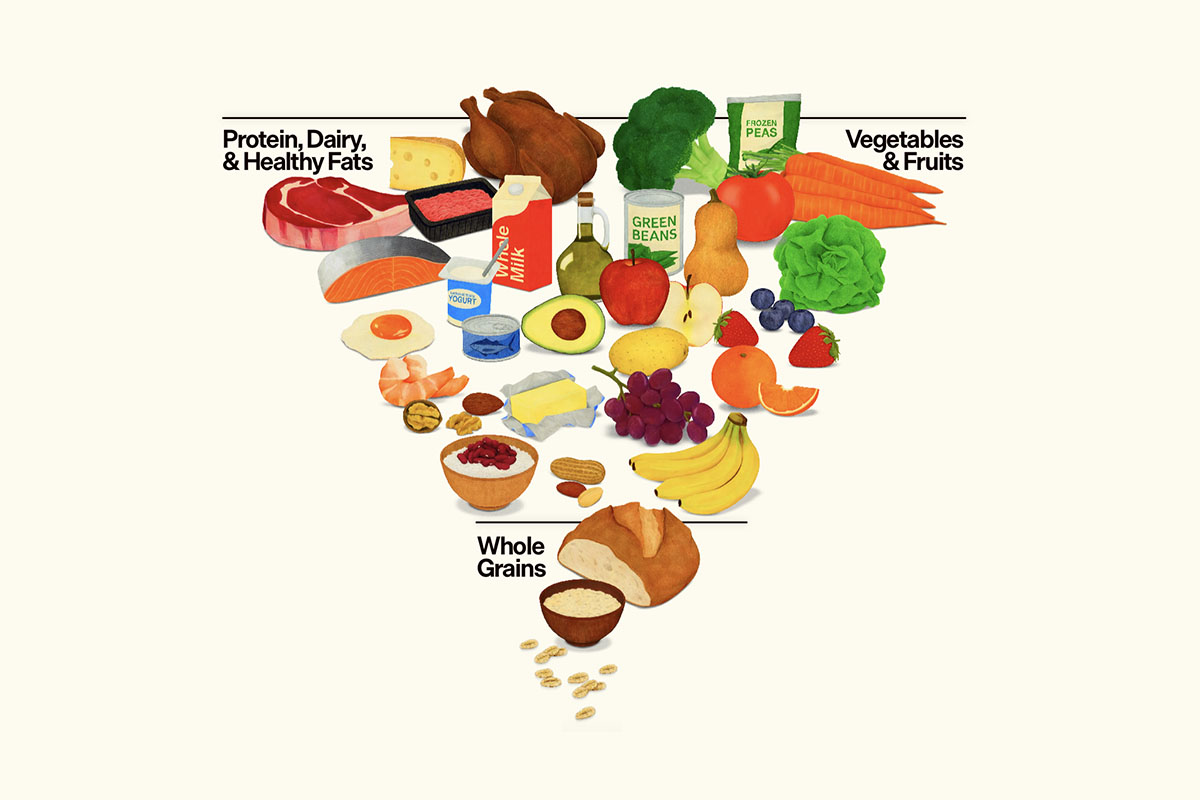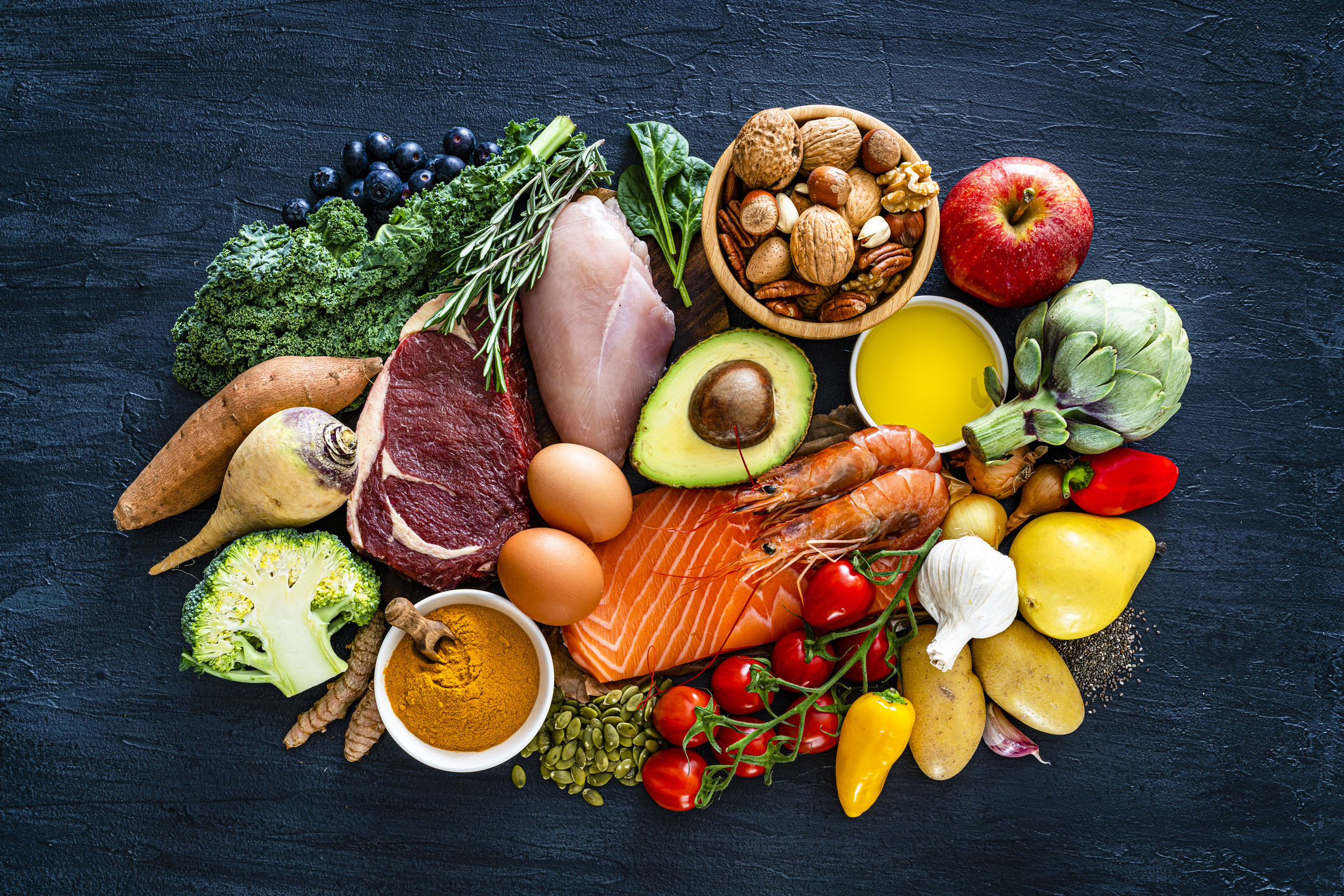In part one of this article, I discussed how new scientific breakthroughs will soon revolutionize the field of precision nutrition.
In part two, I wrote about how the emerging field of nutrigenomics will help hone our nutritional recommendations.
But there are additional levels of complexity to consider. This week, I tackle transcriptomics, metabolomics, and microbiomics. Bear with me as we take an even deeper dive:
Transcriptomics: RNA is the messenger that translates our DNA into the proteins that determine all of our cellular activities. Transcriptomics (sometimes overlapping with proteomics) is the study of how DNA is expressed via a variety of control mechanisms. Some are pre-programmed, like the regulatory codons that steer a stem cell toward becoming a hair follicle—or a brain neuron. Others are influenced by our environment—our diet, our stress levels, sleep adequacy, our exercise patterns, even the supplements we take.
New transcriptomic tools are helping us understand whether genes are silenced or activated. And that’s encouraging, because most genetic hits—even the most dreaded ones like the so-called Angelina Jolie cancer genes, BRCA 1 & 2, or the ApoE4 gene that hikes risk of Alzheimer’s Disease—can be modified via lifestyle.
For example, a recent study showed that an array of dozens of genes known to predict heart disease could be substantially counteracted by healthy diet, smoking avoidance and exercise. Although a high genetic score for heart disease put average participants at a 91% higher risk, simple lifestyle measures halved that probability.
And while longevity was once thought to be a heritable trait, a new analysis put genes’ predictive value at just 7% or less.
Metabolomics: Another layer of complexity is introduced when we consider metabolomics. This is the study of all the relatively small molecules that are indicators of our metabolic function. We perform rudimentary metabolomics when we do a lipid profile, check liver function tests, or measure hormones.
Metabolomics can give us insights into not just whether we have adequate vitamins and minerals, but if they’re actually doing their jobs. We invoke metabolomics when we do urinary organic acid tests. With new “high-throughput” techniques, researchers are now able to look at hundreds of processes at a time to shed light on inflammatory responses, neurotransmitters, cancer risk, optimization of energy pathways, etc. With time, more of these panels will become commercially available.
Machine learning and artificial intelligence will help us recognize metabolomic patterns associated with wellness and disease, and how we might intervene with personalized nutrition.
Microbiomics: So far we’ve just considered contributions by our human genes. But it’s estimated that our bodies are hosts to as many as 10 to 100 times more microbial genes than we possess; they inhabit our intestines, our mucus membranes, and skin surfaces.
These may have profound implications for how our nutrition impacts our health. The microbes we host synthesize nutrients, promote or retard inflammation, keep us trim or allow us to pack on weight, shape our energy metabolism, prime our immune system responses, influence our hormones, speed detoxification of xenobiotics, and even influence our neurotransmitters. We are only in the early days of understanding how this works, but research is proceeding at a rapid rate.
What does this all mean for the patient desirous of personalized nutrition advice? While research in these areas is now mostly being driven by the commercial imperative to develop new drugs, more researchers are studying the impact of diet and supplements on -omics. Faster computers and cheaper analytic techniques will drive access from specialized research labs into medical nutritionists’ offices.
Even the rudimentary nutrigenomics tests to which we now enjoy access have proven valuable. There’s evidence that validated genetic information can prompt better patient compliance; rather than receiving “stock” advice, patients can be motivated to adopt diet, lifestyle and supplement suggestions that are tailored to their unique physiologies.
An article in Today’s Dietician—“The Future of Nutrigenomics”—sums this up:
“A 2014 randomized controlled trial coauthored by El-Sohemy found that when participants were given DNA-based dietary advice coupled with personalized recommendations, they were more likely to make—and maintain—changes in diet. ‘Not only did that increase compliance, but it increased compliance in those who needed it the most,’ he says.”
That’s the eventual promise of the future of nutritional medicine! Stay tuned . . .








